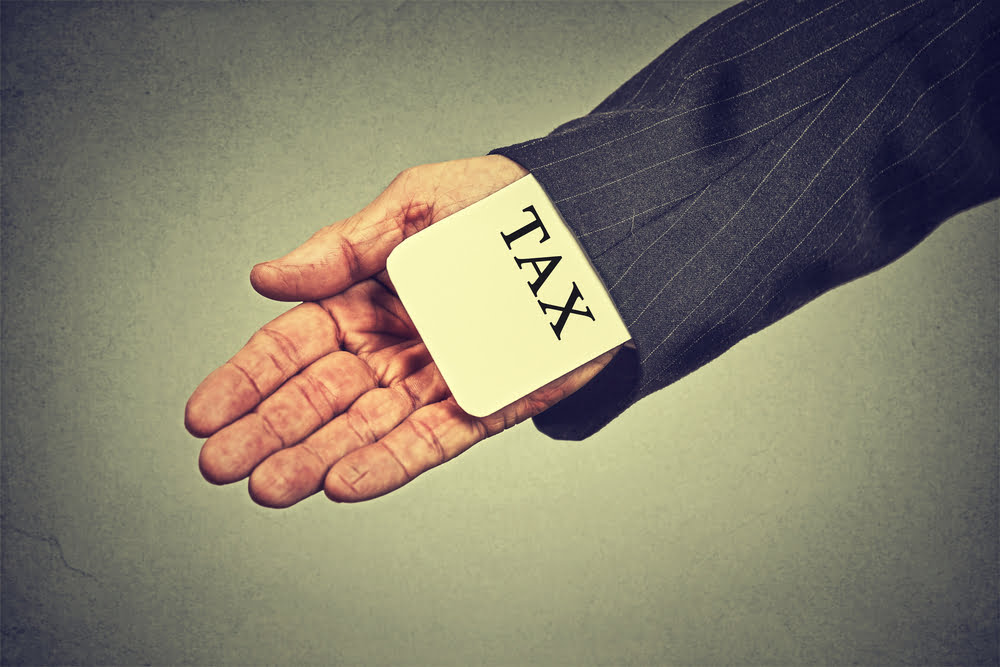2019 was the year when the term “cryptocurrency tax” became deeply embedded in token-holders’ lexicons. Sure, the idea that you’d have to pay tax on your bitcoin or other digital assets has been kicking around for years, but more column inches were devoted to the taxation of crypto last year than any preceding it.
Undoubtedly this stems from various national agencies releasing detailed guidance on how to treat your cryptocurrency transactions and prepare an acceptable tax return, as well as news stories about the same authorities sending warning letters to taxpayers with crypto holdings. In any case, such publicity has served to convince many bitcoiners to educate themselves on their taxation responsibilities. Indeed, an increasing number of tax practitioners are asking their clients outright whether they have transacted cryptocurrency in the past year, prior to preparing their return. Although simply owning bitcoin or transferring crypto between one’s own wallets or accounts do not create tax liabilities, trading does.
How to Calculate Your Crypto Tax Liability
Even the most assertive autodidact might struggle to digest their national tax agency’s guidance, some of which requires a degree of expertise to understand or interpret. For this reason, many people wishing to ensure compliance choose to work with a dedicated tax professional or use some form of bitcoin tax software.
While you might be reluctant to pass the buck, as it were, employing the services of a crypto-minded tax specialist or using online preparation tools (many of which automate reports) is a no-brainer. Not only will it help ensure that you pay the correct amount, but it’ll help you offset your losses and identify tax-planning opportunities. Mostly, it’ll help you avoid the massive headache that comes with unilaterally getting your house in order. Most crypto tax software programs, incidentally, work by letting users connect their crypto exchanges, wallets and addresses, whereupon the programs produce thorough gain and loss reports compatible with agency guidelines.
Existing Difficulties in Calculating Crypto Tax
If you’re intent on calculating your tax obligations yourself, there is additional complexity and confusion to factor in. Calculating your bitcoin gains and losses, for instance, isn’t helped by the failure of exchanges to issue consolidated forms at the end of the financial year. That said, the 1099-K form issued by exchanges (which lists users’ gross transactions) can and has been used by the IRS to identify taxpayers who misreport capital gains/losses. However, exchanges are only required to issue such a form if the user has racked up a gross of $20,000 and more than 200 transactions.
In truth, the burden shouldn’t fall on exchanges: if users are trading on multiple platforms and transferring between various wallets, it is impossible for exchanges to provide all the information the taxman requires.
Difficulties also spring from the sheer number of tokens in circulation. It is not uncommon for an individual to use numerous forms of crypto as a store of value or medium of exchange, ranging from currencies like bitcoin or ethereum to tokens like TRX and XRP. The more diverse one’s crypto portfolio, the more data-heavy and onerous the process of maintaining accurate tax records.
“Maintaining tax records” sounds like a formulaic activity. In truth, it’s anything but simple: a case of finding, extracting, transporting, formatting and aggregating data from the multiple exchanges you’ve used, then exporting all that data into a form deemed acceptable by your national tax authority. It’s also necessary to keep a record of the fiat value of the cryptocurrency at both the time of purchase and the time it was sold, spent or otherwise dispensed with, and to use such methodology consistently.
As governments across the globe wrestle with the topic of cryptocurrency regulation, it makes sense to proactively manage your tax affairs in the most efficient manner possible. Governments that have failed to crack down are likely to follow the lead of those that have, particularly as it becomes clear just how lucrative such a move will be. Don’t get caught in the crosshairs.


